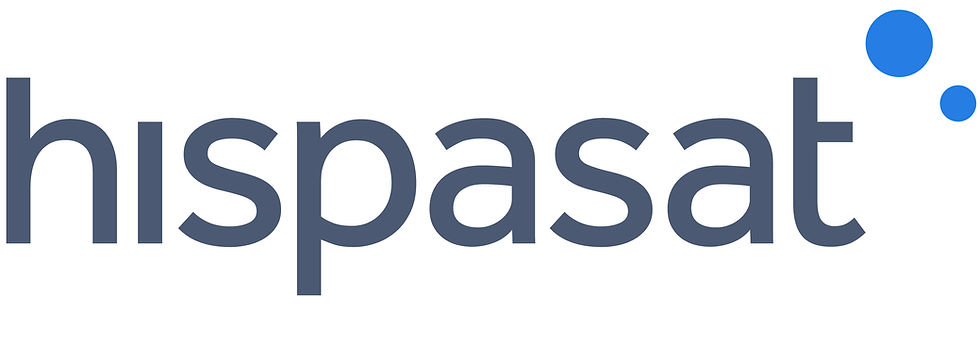SCOUT wins two STTR awards from the US Space Force SpaceWERX Orbital Prime program
- Satellite Evolution

- Aug 24, 2022
- 2 min read

SCOUT Space Inc., a spaceflight hardware, software, and data provider developing solutions for improved safety and transparency in space today announced they have been granted two STTR awards through the Orbital Prime program by SpaceWERX, the innovation arm of the US Space Force. SCOUT was awarded two STTRs in collaboration with the Stanford University Space Rendezvous Laboratory (SLAB) and the Florida Institute of Technology ORION Lab.
SpaceWERX has awarded 125 contracts to develop technologies for orbital debris cleanup and other space services, of which SCOUT was awarded two STTRs (Phase I) for Real-time Autonomous Uncertainty and Risk Monitoring, and Robust Optical Tracking integration into Real-time Orbital Determination (RTOD).
"We’re really looking forward to collaborating with Stanford’s Space Rendezvous Laboratory and Florida Tech’s ORION Lab on these contracts to further advance SCOUT’s technology developments in space safety and sustainability,” stated Eric Ingram, Founder and CEO of SCOUT. “Orbital Prime is providing us, a private company, with a very unique opportunity to partner with highly respected academic institutions - to kick start advances in technologies for on-orbit approach and on-orbit acquisition.”
The technical focus areas defined by SpaceWERX for Orbital Prime are on-orbit approach, on-orbit acquisition, and on-orbit service. SCOUT provides solutions focused on the first two focus areas, which are recognized by the Space Force to be key enablers for widespread servicing and debris removal.
"This is a great opportunity for an academic laboratory to deploy new machine learning algorithms for autonomous spacecraft navigation in actual space missions led by industry. Our objective is to enable future miniaturized distributed space systems for unprecedented capabilities in space science, exploration, and logistics. Working with SCOUT is a crucial step in that direction,” stated Simone D’Amico, Associate Professor of Aeronautics and Astronautics at Stanford University and founding Director of SLAB.
"SCOUT's on-orbit navigation and approach safety solutions are enabling more reliable and proliferated orbital servicing: both SLAB and ORION labs provide unique and exciting capabilities for technology transfer," noted Sergio Gallucci, co-founder and CTO of SCOUT, and the principal investigator for these efforts. "Professors D'Amico's and Tiwari’s support will help refine our autonomy and spaceflight safety solutions."
Later this year, SCOUT will also have an opportunity to compete for second-phase awards of up to $1.5 million for each of the contracts to continue development and prototyping.
This announcement is on the heels of a number of contract wins for SCOUT in the last few months. Last week, SCOUT announced they had been awarded the $44.5 million contract for the Tetra-5 mission through the Space Enterprise Consortium (SpEC) in collaboration with Hera Systems and Booz Allen Hamilton, and led by Orion Space Solutions.
Last month, SCOUT was granted a Phase II SBIR contract through AFWERX, the Technology Directorate of the Air Force Research Laboratory (AFRL) and the innovation arm of the Department Air Force. And in May of this year, SCOUT also announced they had been selected for a NASA SBIR award to make relative navigation more resilient and enable more autonomous rendezvous, proximity operations, and docking.



Comments